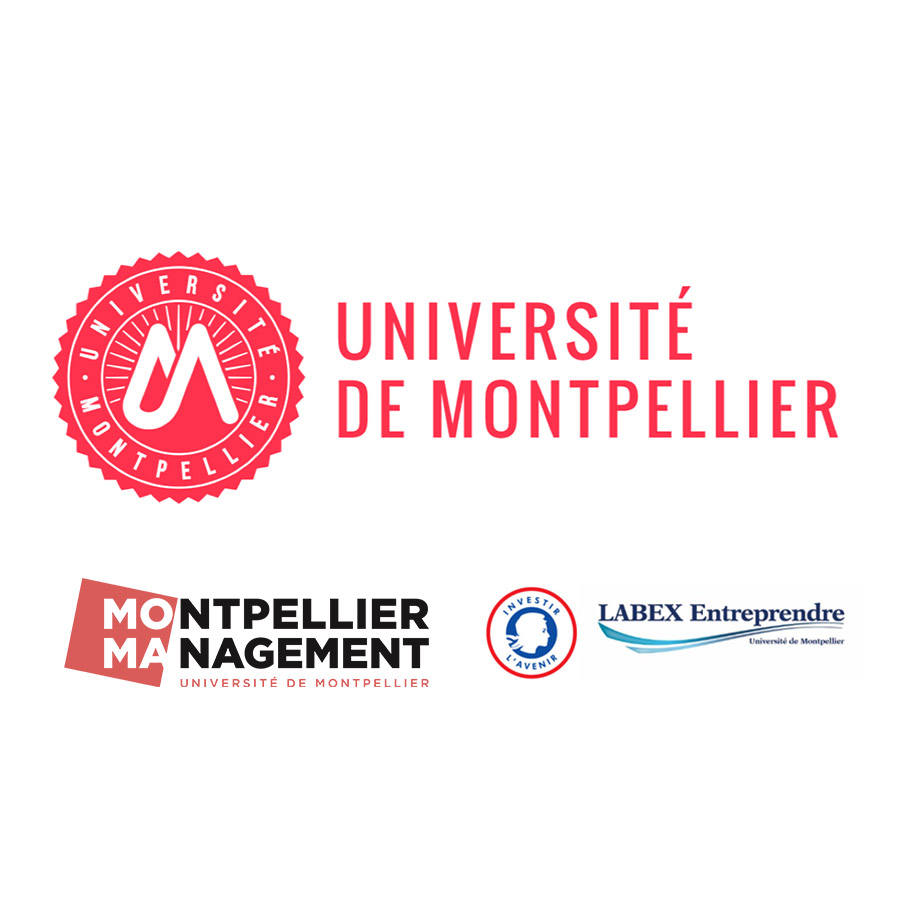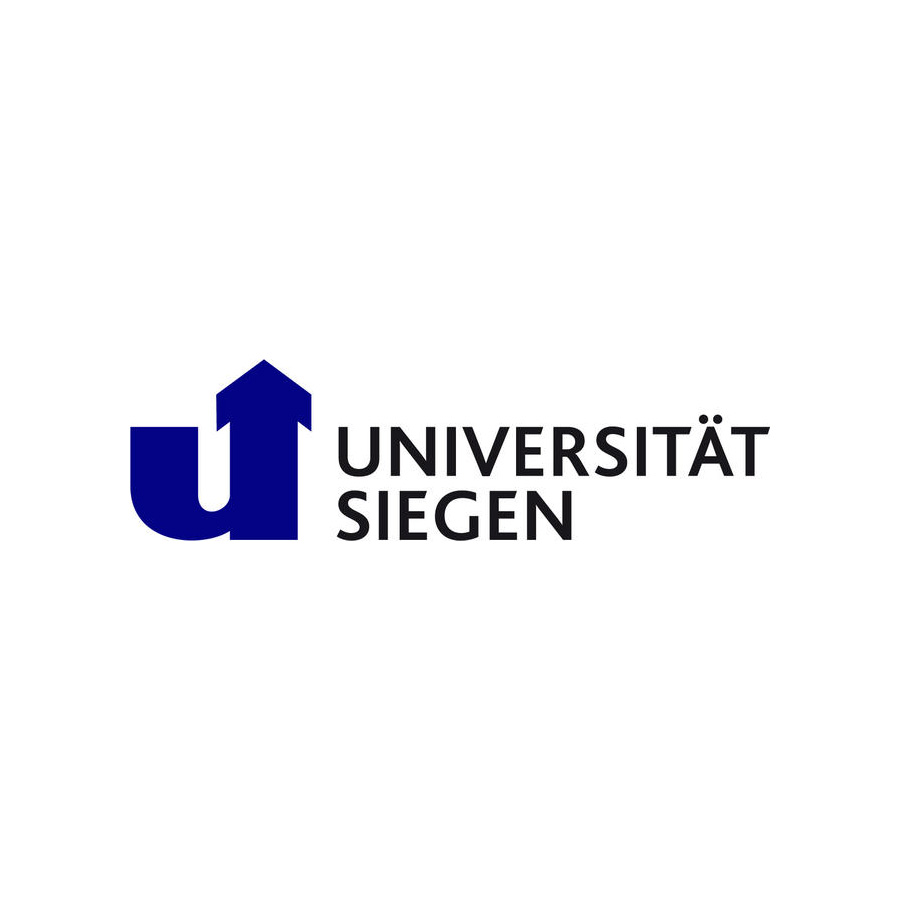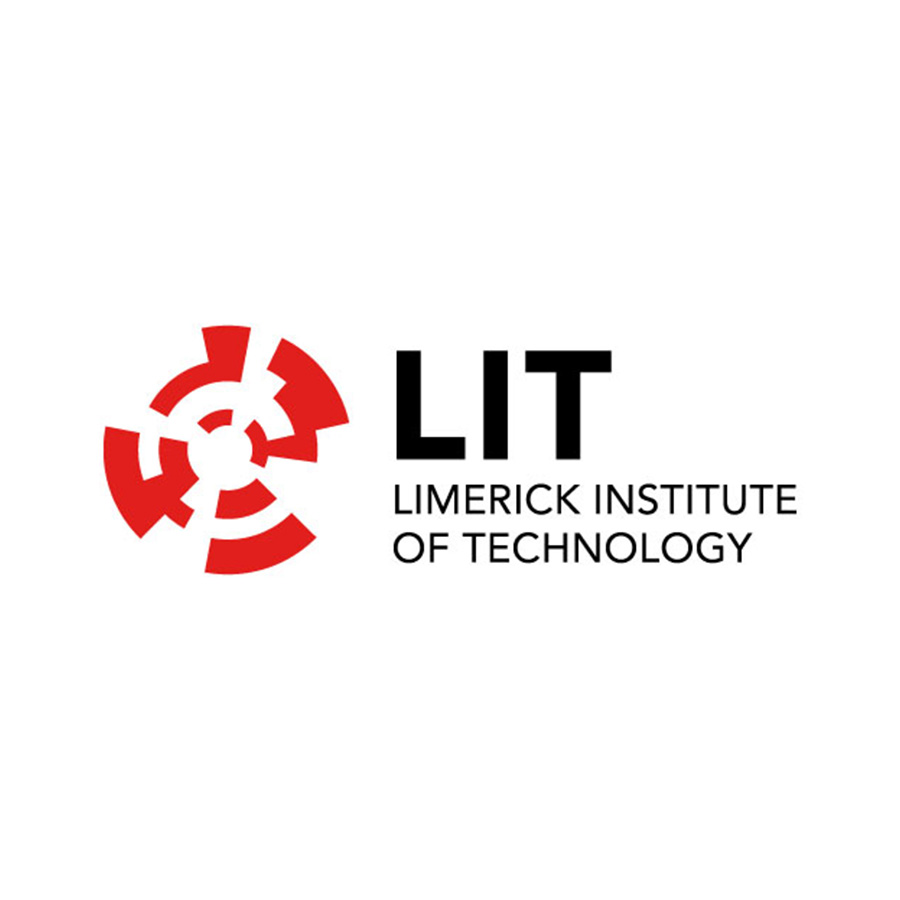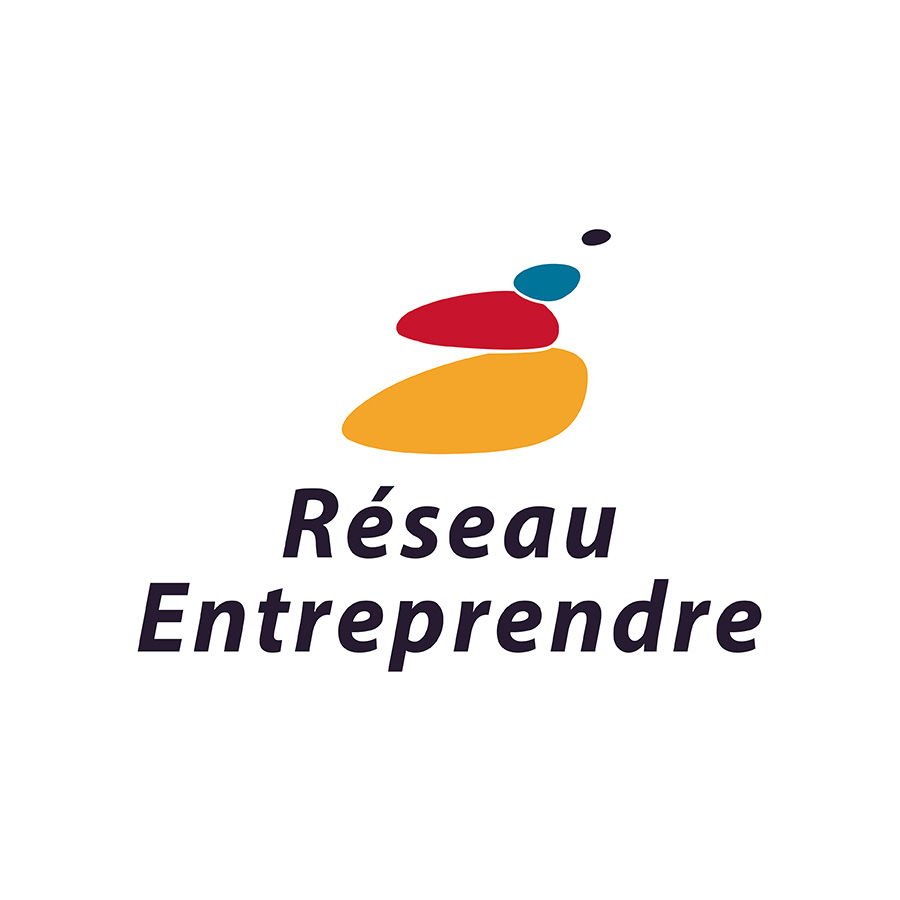About the project
The number of students enrolling in HEIs is rising every year, yet less and less students enroll in PhD studies especially in the field of entrepreneurship, or more generally in management studies.
Engaging in research activities in those fields appear relatively unattractive to students and the trend is confirmed in the French, German or Irish contexts.
With regards to this observation, PuRPOSE aims to promote research attractiveness by developing new training approaches and tools, and contribute to overcome obstacles, such as lack of information, motivation or skills, that prevent Master’s students from engaging in PhD studies.
6 specific objectives
Conduct studies
on the university population to understand what factors are motivating or impeding students to consider PhD as a career opportunity after their studies
Survey good practices
Survey initiatives and good practices for research attractiveness in Higher Education Institutions around the world.
Break stereotypes
Develop a pilot Methodology
Disseminate results
Disseminate the project’s results and outcomes to Higher Education Institutions and decision makers by delivering on-site and online materials, conferences, videos, and more.
Develop internationally
Expand on the project’s concept and results and develop an international community to share knowledge and research opportunities.

3 main target groups
The three main target groups addressed by the project are:
- Master’s students in management and entrepreneurship
- Academic staff interested in training development
- Stakholders of the private sector
The project build on the expertise and complementary of each partners.
Our partners

University of Montpellier
The University of Montpellier (UM) is a research-intensive university where education and research cover most of the scientific and technological fields. UM gathers around 43,000 students and 4,618 staff. Research is structured into 76 laboratories. In particular, Montpellier Institute of Management (MoMa), as part of the University of Montpellier, runs 25 master programs in Management structured around 5 areas (entrepreneurship and small business, strategic management, accounting and finance, marketing, public management), with a common focus on innovation and sustainability. The University of Montpellier also hosts the Montpellier Research in Management (MRM) laboratory, gathering more than 250 researchers, which makes it one of the largest and most renown research lab specialised in management in France.
UM is the leader of LabEx Entreprendre, a “laboratory of excellence”, specialized in sustainable entrepreneurship and innovation, created in 2011 as part of the French “Investments for the Future” governmental programme. Its main mission is to create and disseminate knowledge at the crossroads of law, economics and management, and to coordinate research activities in these fields carried out at the University of Montpellier and other institutions in the Occitanie region. It further conducts training and development activities for companies and policy makers. LabEx Entreprendre is strongly integrated into a network of academic and institutional partners, which ensure the excellence of its works in the fields of research, education and knowledge promotion.
The idea of the PuRPOSE project emerged from the commitment of LabEx Entreprendre to foster the attractiveness of PhD studies, especially towards the Master’s students of MoMa, and develop its internal capacities regarding research in entrepreneurship. PuRPOSE also enables Labex Entreprendre to create synergies at the European level and strengthen its network of partners.

Siegen University
Siegen University is a young, dynamic and innovative university in Germany. The campus is deeply rooted in the region of South Westphalia and is widely connected both nationally and internationally. It is in the university’s identity to link regional responsibility for education, training and overall societal issues with internationally established standards of teaching, research and knowledge transfer and to pursue its development as a constant task. The overriding goal of the Siegen University is to contribute to a humane future and to take responsibility for people and society. This is expressed in the university’s guiding principle: Shaping a Humane Future. Currently, around 19,000 young people study at Siegen University, and more than 2,200 academic and non-academic employees ensure that the course is set for the future in research, teaching, and administration. In order to be able to ideally implement the guiding principle of ” Shaping a Humane Future” in the context of interdisciplinary research, 4 profile-forming faculties were created in 2011 from 12 smaller departments: The School of Arts and Humanities; the School of Education, Architecture and the Arts; the School of Economic Disciplines; and the School of Science and Technology. With the establishment of the School of Life Sciences, a new, fifth faculty has been added. Our university, driven by the research activities of the School of Economic Disciplines in this direction, focuses on SMEs. Therefore, our faculty and university did win the EXIST competition twice as well as the Northrhine-Westphalian Excellence initiative, fostering entrepreneurship education and research as well as knowledge transfer at universities.
The School of Economic Disciplines at the University of Siegen ties its activities and thematic orientation into the university’s guiding principle. In doing so, the work and self-image of the School of Economic Disciplines is based on four pillars: interdisciplinarity, excellence in research and teaching, linking research and practice, and an international approach to research and education. In addition to Business Administration, Economics and the Research Centre Pluralist Economics the faculty is also home to the disciplines of Business Information Systems, German and European Economic Law and Economic Education.
The chair for Entrepreneurship and Family Business is focused on research and teaching in the field of business succession as well as entrepreneurship. Further areas of interest are innovative business creations (academic spin-offs), success factors, entrepreneurial behaviour and the economic aspects influencing SMEs and the German Mittelstand. Working on theory basis and in an empirical accurate way, either qualitative or quantitative, is of utmost importance in all mentioned fields and one of the major objectives of the chair. The chair is teaching entrepreneurship at different levels in BA, MA as well as in PhD education. Moreover, we teach entrepreneurship and establish entrepreneurial education in Azerbaijan or Mexico. Altogether, these were the triggers to enter the PuRPOSE project, i.e. to collaborate internationally and consequently to establish the interest for potential young PhDs in entrepreneurship and management. PuRPOSE enables us to collaborate in these fields on a European level and learn from each other to develop and create a modern and digital entrepreneurship PhD education.

Limerick Institute of Technology
LIT educates people for life.
Ours is an open, diverse, and contemporary Higher Education Institution. Our ethos is of active education, fusing the theoretical and the practical to equip people for professional fulfilment.
Our history is one of transformation and rebirth across generations. LIT traces its roots to the foundation of the School of Ornamental Arts on Hartstonge Street in Limerick in 1852, with its express purpose of delivering technological and artistic education to as many people as possible. The School of Ornamental Arts was succeeded by the Limerick Athenaeum in 1855, which came under the control of Limerick Corporation 40 years later and became the Municipal Technical Institute in 1911. In 1980, this became Limerick College of Art Commerce and Technology (COACT), which relocated to the Moylish Campus, still the institution’s main campus since its incorporation as Limerick Institute of Technology in 1997.
This is the educational heritage that LIT represents, always responsive to the needs of the society which it served, and always open to all who would benefit from it, irrespective of class, creed or cultural background. Today, we are defined by the community-orientation of each of our five campuses in Clare, Limerick and Tipperary.
LIT is one of the most accessible and supportive HEI’s in Ireland, always underpinned by our ethic of active education – a blend of the theoretical and the practical in every discipline area. Lab work, studio work, case studies, field visits, group assignments and other practical activities are central in LIT students’ journeys. Our contribution to civic and cultural life is very evident, with our graduates active in every walk of life, from the artistic to the sporting, business, the sciences, industry, technology, engineering and public service.
Our story of transformation continues to unfold, and in 2019 LIT and AIT formed a Technological University Consortium to form a new Technological University to serve our regions to continue our unique approach for the benefit of society into the future.
We offer programmes leading to qualifications in Digital Marketing, Enterprise and Innovation, and Marketing and Management at Higher Certificate, Degree and Honours Degree levels. All of these programmes also provide a solid foundation if you wish to pursue further study at professional level, including examination exemptions with a number of professional bodies. We are extremely proud of our students and their long track-record of achievements, both academic, extracurricular and in the world of business upon graduation.

Réseau Entreprendre
Réseau Entreprendre was created in France, in 1986 when André Mulliez, an industrialist based in northern France, faced with massive lay-offs at his company Phildar, specialized in textile industry. He had this visionary idea: “To create jobs, let’s create employers.” ». He launched a non-profit association to support his program and to play a part in job creation. His idea is simple but effective: entrepreneurs who want to start up, to scale up and develop their businesses, can be freely mentored by other experienced entrepreneurs who already lead their own companies.
Réseau Entreprendre supports entrepreneurs at 3 levels :
= Entrepreneurs can be mentored: Reseau Entreprendre offers comprehensive, free and long-term mentoring (2-3 years) to every entrepreneur and at every stage of business creation and development. Réseau Entreprendre offers comprehensive, free, ongoing coaching by established company managers to help selected entrepreneurs set up and develop their business.
= Entrepreneurs can be financed: Réseau Entreprendre can grant entrepreneurs honour-loans or loans. These loans are not huge but they complete the financing plan (15,000-50,000€ for start; 100-300K€ for growth) and make the access to credit easier.
= Entrepreneurs can be connected: no entrepreneur should remain alone. Réseau Entreprendre gives an access to a community, not only through clubs or private social network, but also through a private and public partners network.
Réseau Entreprendre has 130 local offices in 10 different countries: France, Belgium, Switzerland, Italy, Spain, Portugal, Tunisia, Morocco, Senegal, Chile
Réseau Entreprendre is convinced of the key role of research on entrepreneurship to better understand the practices, needs and expectations of entrepreneurs. The results of this research will improve the support that is provided to entrepreneurs.
The PurPOSE project encourages researches considered by Reseau Entreprendre as a valuable source of data for a better understanding of entrepreneurship in France. Moreover, Réseau Entreprendre, as an international network, and more specifically European, helps to encourage synergies with European universities and thus to identify some possible avenues for future collaborations.
News

Publication of the PuRPOSE preleminary report
The synthesis report of the preliminary study on the motivation to engage in PhD has been published. After several months of data analysis and synthesis, the report concluding the first step of the PuRPOSE project has been finalised. This report presents qualitative...

Next PuRPOSE training session in Siegen, Germany
The PuRPOSE partners will be hosting a training week on research in management for MA students. Based on the results of the preliminary study and the survey of good practices for research attractiveness in Higher Education Institutions, a training plan has been...

PuRPOSE webinar at the University of Montpellier
Academic staff members and PhD students of the University of Montpellier have taken part to a webinar on the PuRPOSE project. The aim of this webinar was for the PuRPOSE team at the University of Montpellier to present the preliminary results of the study, conducted...


About Erasmus +
PuRPOSE is a “Strategic Partnership” co-financed by the Erasmus+ programme of the European Commission.
Erasmus+ Strategic Partnerships are transnational projects aiming to support the development, transfer and/or implementation of innovative practices as well as the implementation of joint initiatives promoting cooperation, peer learning and exchanges of experience in the fields of education, training, and youth at European level.
Strategic Partnerships provide opportunities for a wide variety of public, private, and non-governmental organisations to implement a broad range of activities in the fields of higher education, school education, vocational education and training, adult education, and youth.
